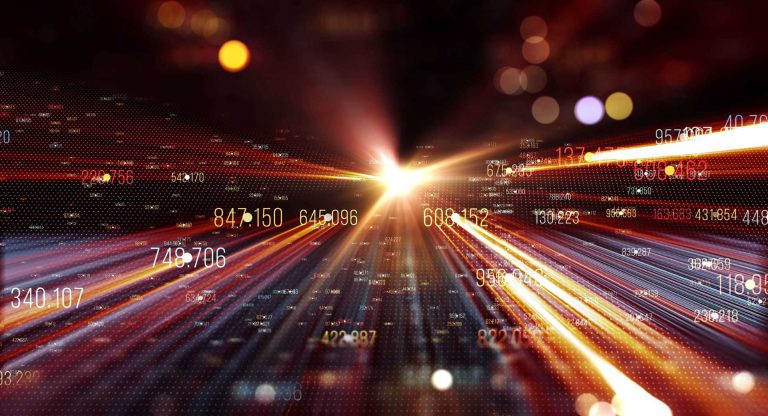
It is essential to commit to understanding the latest technologies and how this could impact parcel delivery services. Whether you want a London courier service, or a courier to Dublin, you need a company that understands global concerns.
Blockchain and its many applications are certainly going to have an impact on supply chains. Therefore, it is important to evaluate the potential opportunities and threats posed to logistics.
What is blockchain?
There are many people who may not have heard of blockchain. Blockchain is a tech that allows for information to be distributed without the chance of it being modified or replicated. For this reason, it has become most readily linked with finance, as a block of data can represent monetary value, without worry of someone counterfeiting the funds.
The ideals of blockchain include making the service accessible to all. A lot of global systems are not open to use in poorer countries. Therefore, most developed countries have an advantage over others. Blockchain is a means of democratising information distribution.
Each group of data is referred to as a block. This block is then added to a chain of other data. As soon as the block is added it becomes impossible to go back to edit previous blocks in the chain. Each block is available to view by all, therefore allowing for ultimate transparent and verifiability.
If you imagine it as a vast open document that can be viewed and edited by all, something similar to a Google Document, then you are getting close to understanding blockchain
What is the point of developing new technology?
You can argue that the world already has a complex system of interconnecting technologies: why do we need to add blockchain? There are plenty of answers to this question, not least accessibility.
Unlike traditional tech, blockchain does not rely on the fallible security of usernames and passwords. Blockchain is built using encryption, using public and private keys to access data. You can literally store these keys with your pen, known as a paper wallet, making it completely safe from hackers and other online security threats. This key is a randomly-generated string of numbers that will never be replicated with another user.
Additionally, blockchain is not managed by a single entity. Millions of computers around the world continually validate the chain. There is no centralised version of the information, limiting the chance of corruption or hacking. It would take a lot of computing power to override the wishes of all the users connected to the entire network.
Blockchain and logistics
Supply chains are going to be impacted by the development of blockchain technology. This has been called the fourth industrial revolution, and all industrial revolutions have had a powerful impact on the supply chain. First the canals, then the trains, then the computer and now global, democratic interconnectivity.
One of the most exciting developments has been deployed successfully by companies like Tesla. A digital twin allows a company to produce a dynamic, digital representation of an asset and then track its past, present and future performance throughout the product’s lifecycle. This would allow a company to quickly reflect on efficiencies and innovations that could be made – anywhere within the supply chain. It would become like a digital passport that is stamped at each stage of the development and distribution of a product. In short, blockchain could provide a practical data management service for companies.
Another development for logistics companies could be the opportunity to circumvent international borders to maintain a constant flow of complex information. The digital twin information can be shared with all stakeholders in the supply chain.
There are current packages that attempt to give this level of transparency to all links in the supply chain. However, this is troubled by issues of Big Data or handling large amounts of real-time data. It also relies on one organisation in the chain taking the lead and therefore reduces the democracy of access to data.
Creating a digital twin allows data to be updated in real-time, moving without friction across international borders, and therefore building trust and cooperation between partners. Every link in the supply chain can review and reflect on performance data from the lifecycle of the product.
Such information could allow collaboration across the chain to make more efficient and effective decisions – mainly when looking to improve a delivery service. There is also talk of the possibilities of blockchain facilitating an automated supply chain – sending out just in time requests literally spot on time.
However, on a simple level, blockchain could simplify the management of agreements and contracts, the tracking of products and the necessary payment for services. As complexity often breaks most supply chains, blockchain could offer a simple way to seek an overview.
What should UK couriers take away from this?
Blockchain has been troubled by its connection to Bitcoin and the volatility of the financial markets. However, this is just one, limited application of blockchain technology. The potentials of blockchain continue to be explored by innovators and inventors across the globe – and are of interest to delivery services particularly.
There is a healthy interest in understanding how this technology can benefit most sectors, and a supply chain could be one that benefits the most. With no central authority, with a chain of command built in, and a level of security that transcends 2FA: it is an exciting opportunity.
Tags: Courier, Courier Services, Parcel Delivery, Reliable Couriers, Sameday Couriers